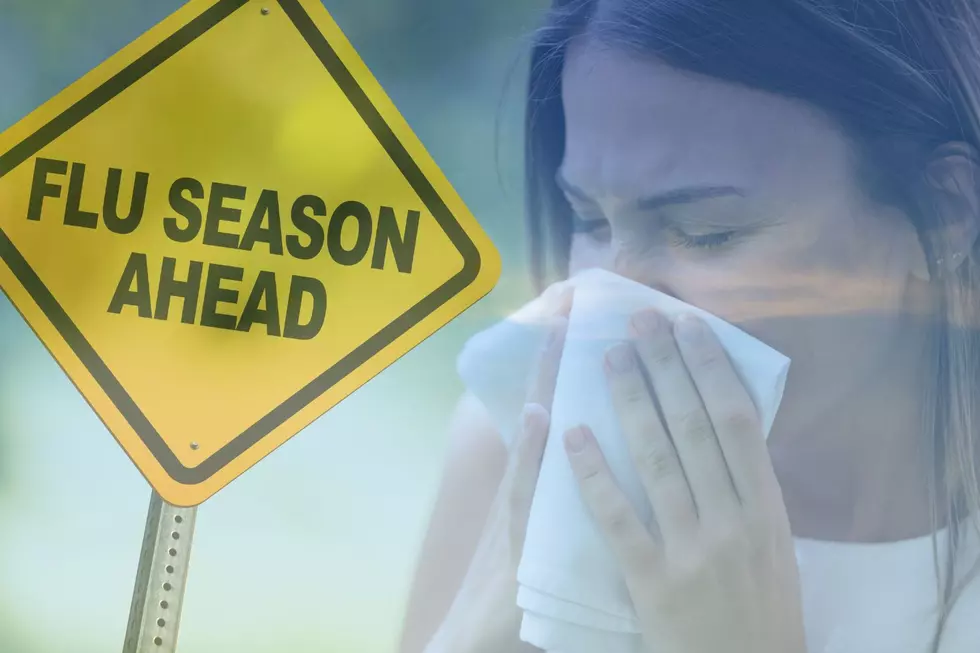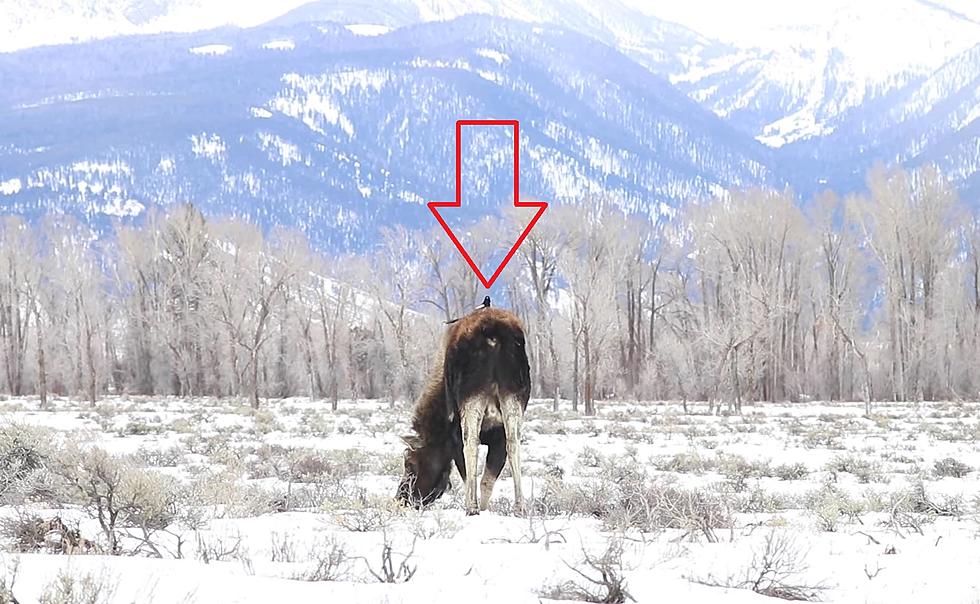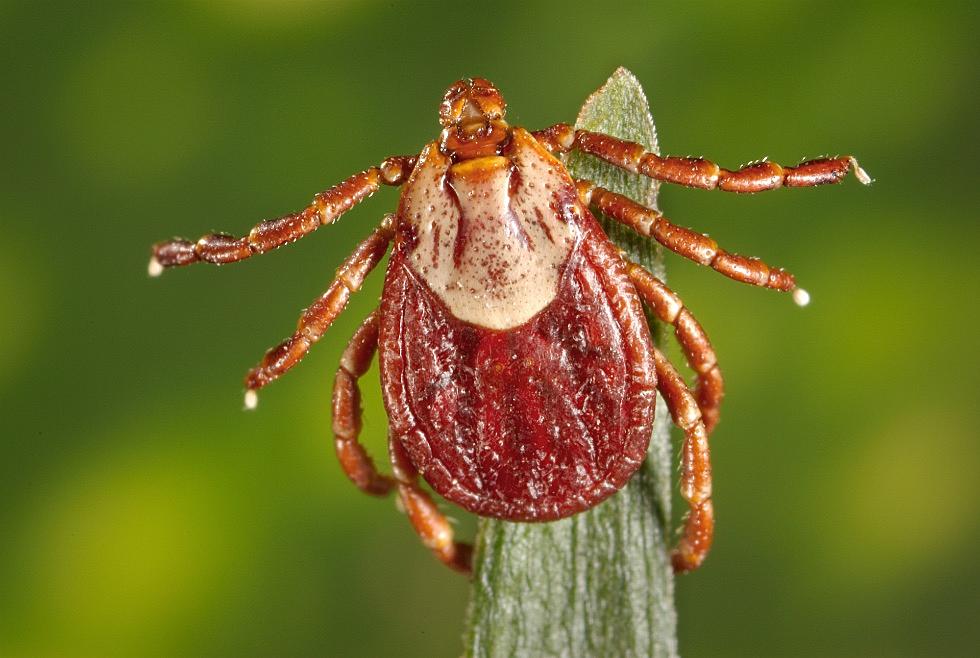
Wyomingites Urged to Take Steps to Avoid Mosquito & Tick Diseases
Summer is upon us, and the Wyoming Department of Health is urging residents to take steps to avoid mosquito and tick bites.
"Most of us are probably looking forward to enjoying our beautiful state with some time outdoors this summer," said Clay Van Houten, who manages the department's Infectious Disease Epidemiology Unit.
"As we do that, there are still a few commonsense actions that can help keep the diseases mosquitoes and ticks spread from ruining our fun," he added.
Van Houten urges folks to follow the "5 Ds" -- Dawn and Dusk, Dress, Drain and Deet -- to defend themselves against West Nile; and take the following steps to avoid tick-related diseases such as tularemia, Rocky Mountain spotted fever and Colorado tick fever:
- Apply insect repellents such as those containing 20 percent or more DEET and/or picaradin.
- Wear light-colored clothing to make it easier to see ticks crawling on clothing.
- Tuck pant legs into socks.
- Upon return from potentially tick-infested areas, search yourself and children for ticks and remove if found.
- Check pets for ticks; use tick control products recommended by veterinarians.
- Carefully handle live or dead potentially infected animals such as rabbits and rodents.
"We want people to remember the familiar steps we've been talking about for years to help prevent mosquito (and tick) bites,” said Van Houten.
LOOK: Here Are 30 Foods That Are Poisonous to Dogs
More From 101.9 KING-FM









